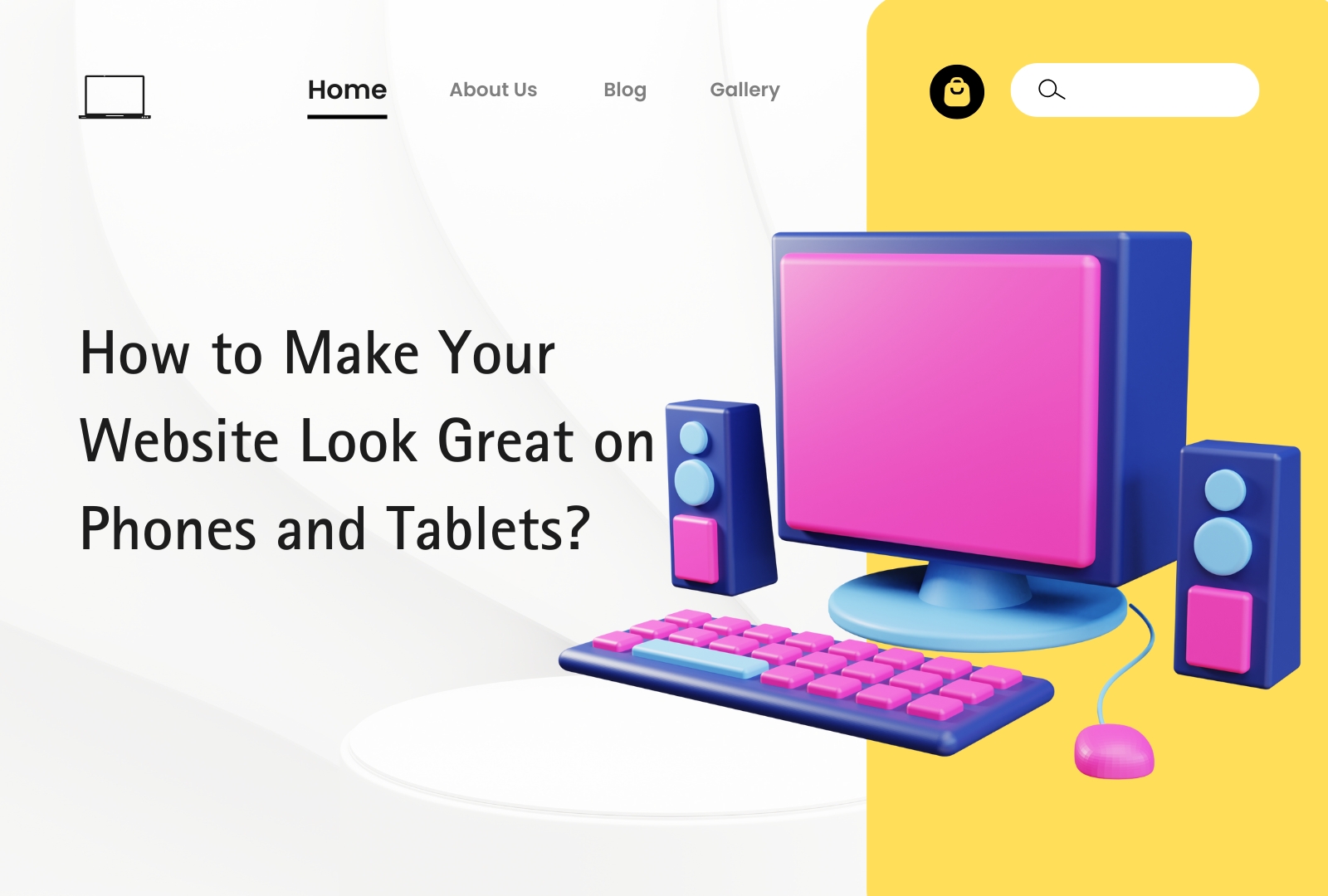In the rapidly evolving digital landscape of 2024, a website isn’t just a digital presence; it’s a dynamic platform crucial for business success. To stay ahead, implementing cutting-edge web development strategies is essential. This article explores the top 10 strategies that can revolutionize your website, ensuring it not only meets but exceeds user expectations, leverages the latest technologies, and boosts overall performance.
1. Adopt Responsive Design
Responsive web design isn’t just a trend; it’s a necessity in today’s mobile-centric world. Ensuring your website is seamlessly accessible and functions well across all devices and screen sizes is crucial. Utilize CSS frameworks like Bootstrap or Foundation to create responsive layouts that adjust fluidly to different resolutions, providing users with a consistent and optimal viewing experience.
2. Focus on Speed Optimization
Website speed directly impacts user experience and search engine rankings. Utilize tools like Google PageSpeed Insights and GTmetrix to analyze and improve your website’s loading times. Implement techniques such as image optimization, minification of CSS and JavaScript files, and leveraging Content Delivery Networks (CDNs) to deliver content faster to users worldwide.
3. Enhance Security Measures
With increasing cybersecurity threats, ensuring robust security measures for your website is non-negotiable. Implement HTTPS protocol, regularly update software and plugins, and conduct security audits to identify and mitigate vulnerabilities like SQL injections and Cross-Site Scripting (XSS). Prioritize user data protection and adhere to privacy regulations like GDPR or CCPA to build trust among your audience.
4. Optimize for SEO
Search Engine Optimization (SEO) remains critical for organic visibility and traffic generation. Employ semantic HTML markup, optimize meta tags, headings, and alt attributes for images, and focus on creating high-quality, relevant content. Regularly monitor SEO performance using tools like Google Analytics and SEMrush, and adapt your strategy to algorithm updates and evolving search trends.
5. Implement Progressive Web Apps (PWAs)
PWAs combine the best features of web and mobile applications, offering users app-like experiences directly through the browser. They enhance engagement with features like offline access, push notifications, and fast loading times. Consider developing a PWA to improve user retention and provide a seamless experience across devices, regardless of connectivity.
6. Integrate Voice Search Optimization
As voice-enabled devices and assistants become ubiquitous, optimizing your website for voice search is becoming increasingly important. Focus on natural language keywords and long-tail phrases that users are likely to speak, and ensure your content answers common voice queries concisely and clearly. Voice search optimization can enhance your website’s visibility in voice search results and improve overall user engagement.
7. Prioritize Accessibility
Accessibility ensures that your website is usable by all individuals, including those with disabilities. Follow WCAG (Web Content Accessibility Guidelines) to make your website perceivable, operable, understandable, and robust. Implement features like alternative text for images, keyboard navigation, and color contrast adjustments to ensure inclusivity and provide a better user experience for everyone.
8. Embrace Artificial Intelligence (AI) and Machine Learning (ML)
AI and ML technologies can revolutionize various aspects of web development, from personalized user experiences to automated content generation and predictive analytics. Explore AI-powered chatbots for customer support, recommendation engines for personalized content, and predictive algorithms for data-driven decision-making. Integrating AI/ML can streamline operations and enhance user satisfaction significantly.
9. Utilize Blockchain Technology
Blockchain technology offers secure, decentralized solutions that can benefit web development in areas like data security, payment processing, and digital identity verification. Consider integrating blockchain for transparent transaction records, secure user authentication, and protecting sensitive user data. Blockchain’s immutable ledger ensures data integrity and builds trust with users concerned about privacy and security.
10. Focus on User-Centric Design
Ultimately, user experience (UX) design remains paramount in web development strategies. Conduct user research, gather feedback, and iterate designs based on usability testing to create intuitive and engaging interfaces. Prioritize simplicity, clear navigation, and intuitive interactions to ensure visitors can easily find information and accomplish their goals on your website.





